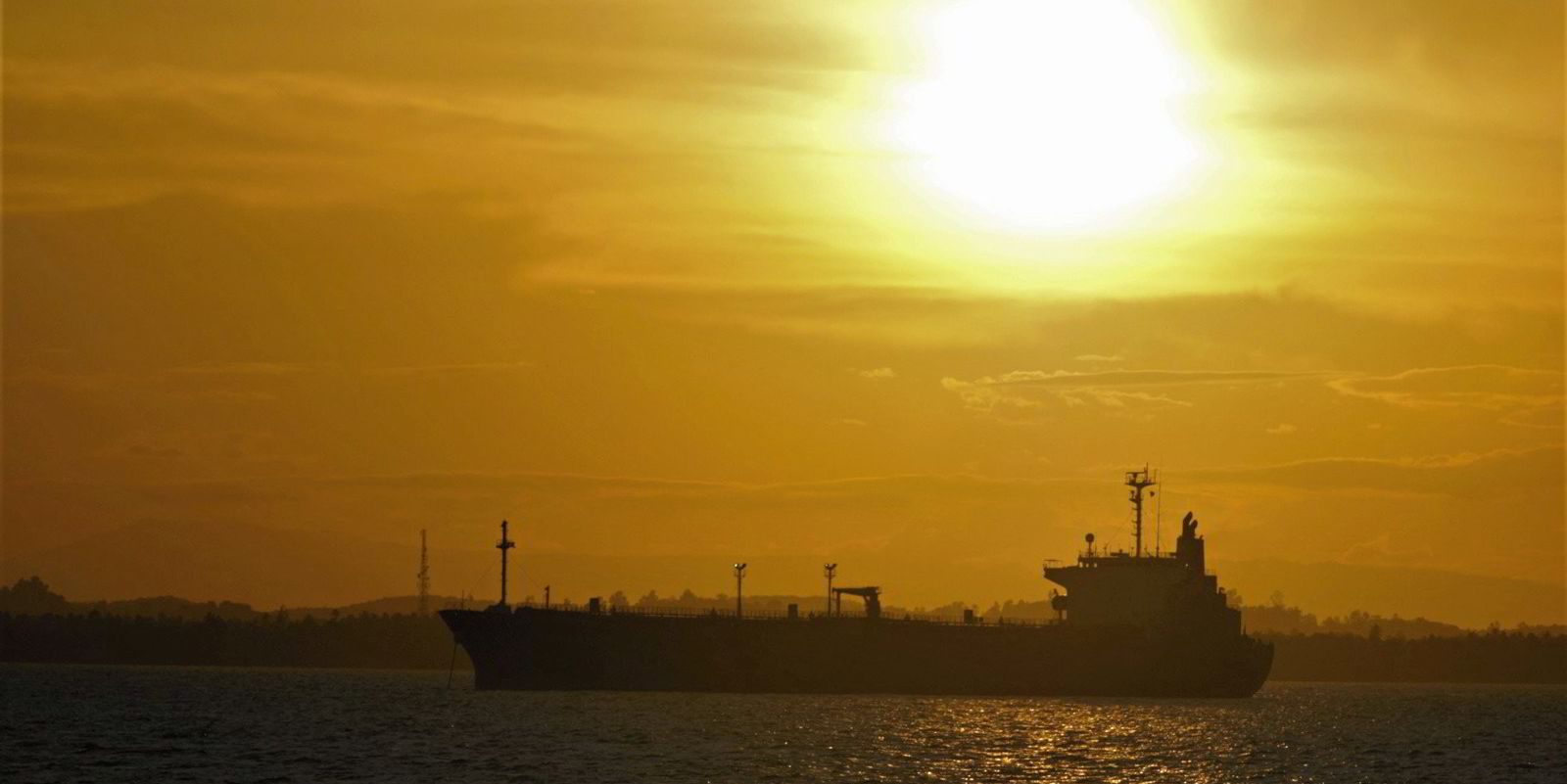Flag states need to crack down on ship-to-ship (STS) transfers of oil by the “dark fleet” to ensure the polluter pays for any costly oil spill, according to a paper submitted to the International Maritime Organization.
The submission by Australia, Canada and the US said that IMO member states should act in response to the increasing frequency of dark STS operations in international waters to circumvent sanctions and high insurance costs.
The tactic has been used to hide the source or destination of oil cargoes and to avoid oversight by flag states, the report alleges.
But dark STS transfers increase the risk of oil spills and collisions and could also “result in a participating shipowner evading its liability”, says the three-page document submitted for a meeting of the IMO’s legal committee this month.
The trio urged flag states to improve their regulation of STS activity and update manuals to ensure that they are notified in the event of a mid-sea operation.
It recommended that port states should also subject ships that go dark — by switching off AIS signals — to enhanced inspections.
European authorities have raised concerns over heightened STS activity in the Mediterranean of Russian oil that has been linked to trading changes prompted by the invasion of Ukraine.
Smaller tankers servicing Russia’s Baltic ports have transferred their cargoes to VLCCs to cut costs for the long voyage to China and other Asian destinations.
The Spanish authorities have warned local businesses about potential sanctions breaches if they become involved in the trades, and some ships have been detained that have been involved in the transfers.
Several ships involved in STS transfers have been detained under port control provisions, including the Vietnamese-owned 108,900-dwt Elephant (built 2007), which was held for a week last month in the Spanish port of Ferrol.
The transfers do not breach EU sanctions on Russia if the oil is bound for destinations outside of the European Union and is being sold for below the price cap.
But the paper says dark transfers in international waters increase the risk of pollution to coastal states and undermine the “rules-based international order”.
“They also undermined the fundamental principle of the ‘polluter-pays’ regime if the ships and shipowners involved cannot be identified and held liable for damage caused by the oil carried on board their ships,” it said.

The submission highlighted an oil pollution incident in February 2021 that affected the coast of Israel from a ship that was not conclusively identified.
It added: “The practice of going dark (and other methods to obscure a ship’s identity or ownership) should be of concern to all members of this committee.”





